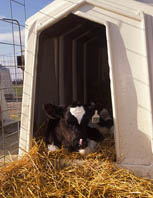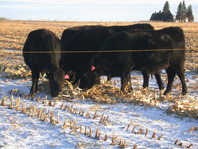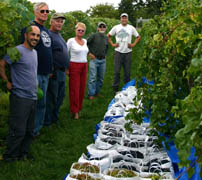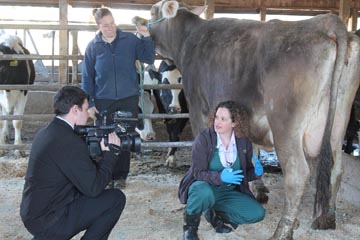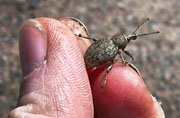Northern New York counties are hosting two events of interest to syrup producers in 2015:
June 12-14: 1st International Birch Sap and Syrup Conference, Paul Smiths College in Franklin County, for those currently producing birch syrup and those interested to start up. Find a registration form at www.paulsmiths.edu/birch.
The farmer-driven Northern New York Agricultural Development Program has granted 2015 funds for a new project: Producing Syrup from Birch Trees in NNY: A Niche Marketing Opportunity for Sugarmakers.
June 28-30: 2015 New York State Maple Tour in Franklin and St. Lawrence Counties. Sugarhouses on the tour aboard air-conditioned charter buses include Parker Family Maple Farm, West Chazy; Moon Valley Maple in the Titus Mountain Ski Area near Malone; William Greenwood Maple; Jon and Kyle Laurie Maple; Rand Hill Maple, the only NY sugarhouse to make the Maple Almanac 2014 US Top Ten by Tap Count; Bechard’s Sugar House, Casey’s Sugar House, Saranac Sugar Works, Brow’s Sugar House, and Amazing Grace Vineyard making maple wine with Homestead Maple.
For information on the tour, activities, banquet, lodging and more, contact NYS Maple Producers Association at http://www.nysmaple.com/ny-maple-producers/2015-NY-Maple-Tour/. Also see June 28-30 listing at http://www.ccenny.com/index.php/calendar/events-calendar/.
